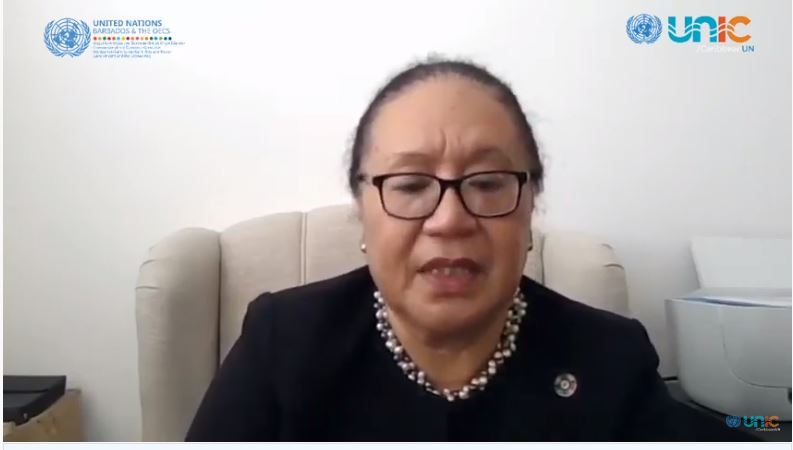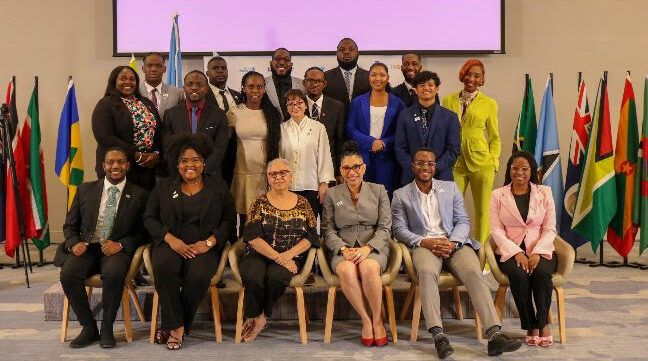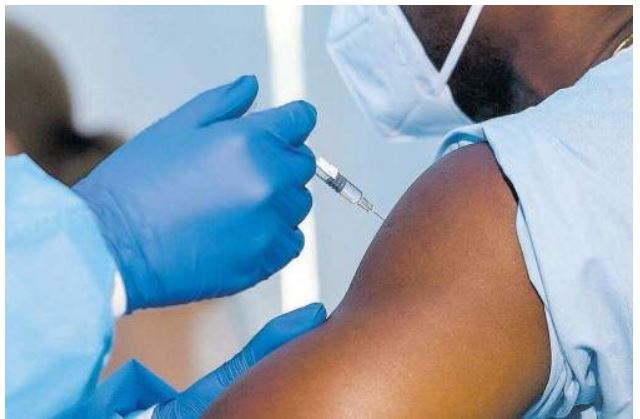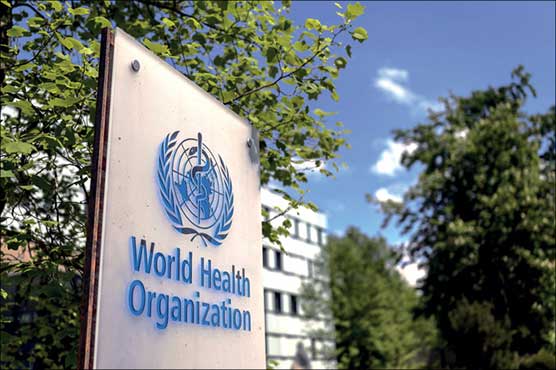By Desmond Brown
While Small Island Developing States (SIDS) have so far managed to contain severe outbreaks in the ongoing COVID-19 pandemic, the social and economic costs are likely to exceed anything they may have projected.
This position was expressed on Wednesday by Fekitamoeloa Tupoupai Manuula Utoikamanu, the United Nations High Representative for the Least Developed Countries, Landlocked Developing Countries and Small Island Developing States.
She was speaking during the launch of a COVID-19 multi-sectoral response plan and funding appeal for Barbados and the Eastern Caribbean — the very first COVID-19 appeal of this nature that supports SIDS.
“As far as I can think back, only one other lived experience comes to my mind where SIDS were existentially worried if a then not understood virus could literally wipe out their populations — that was when we learnt about the HIV virus,” Utoikamanu described.
Fast, adequate and major support needed
Noting that SIDS face very special circumstances ranging from remoteness, to small population bases, to fragile often single products-driven economies, the High representatives said once more, these specific and complex factors require fast, adequate and major support.
“As an example, tourism globally has flatlined and is projected to remain so for months to come. Yet, for many SIDS this is a key source of employment and income with tourism comprising more than 50 per cent of GDP,” Utoikamanu said.
“Many SIDS lack access to existing windows for concessional finance, despite their well-established vulnerabilities. SIDS have therefore called for a dedicated SIDS specific funding facility; as well as to open up access to all SIDS.”
Utoikamanu said the COVID-19 pandemic has thrown SIDS into a quandary about how things will play out, given the stress on the global financial system.
Debt and COVID-19
Additionally, she said SIDS are not in many instances equipped with the robust preventive and curative health systems the COVID-19 challenge demands; and questions how they will compete in a globally stressed market for the supply of personal protective equipment (PPE) or medications.
“Some SIDS do not generate income due to the global shutdown, while creditors continue to claim payment. These costs compete with nurses, cleaners and other essential workers in the middle of a global crisis,” Utoikamanu said.
“Just as some G20 countries called for African debt relief, we need to consider this urgently for SIDS.
“In this context, I draw your attention to our Secretary General’s framework for debt relief ‘Debt and COVID-19: A global response in solidarity’ and his engagement with international financial institutions.”
The needs for SIDS are urgent
The High Representative said the needs for SIDS are urgent, adding that if they are not addressed now with urgency, the likely result will be longer term poverty and hardship for many — in particular combined with climate change, natural disasters and other shocks — and none of this pauses as a result of COVID-19.
“This means, the SIDS and their peoples will be left behind as far as the SAMOA Pathway implementation as well as the Agenda 2030 and its goals are concerned. We cannot allow for this to happen,” Utoikamanu said.
“The time to act is now. The SIDS cannot go this alone … it is time to call on all development partners to pledge contributions to the Eastern Caribbean MRP Appeal.
Your firm commitment to the SIDS is needed more than ever and is needed now. Everybody, everywhere is touched by this unprecedented pandemic of our 21st century. This is a time for global solidarity, in particular with the most vulnerable countries — we cannot afford to leave them behind and let inequality grow even further. We need your support to address the SIDS unique challenges and situation,” Utoikamanu added.

Didier Trebucq, UN Resident Coordinator for Barbados and the Eastern Caribbean said the MRP is an integrated strategy of 11 UN agencies coming as one.
Its three key objectives are to:
- contain the spread of COVID-19.
- minimize its social and economic impacts and ensure resilient recovery and.
- promote the protection and well-being of the most vulnerable.
The MRP will be implemented through eight pillars:
- Health and wellness: to continue strengthening Health systems.
- Food and nutrition security: to ensure vulnerable household involved with the agri-sector remain resilient.
- Economic Recovery and livelihoods: Both to support MSMEs in this economic turmoil and refine country level assessment of the economic impact.
- Education: support safe school operations and eLearning for under-privileged children.
- Social protection: mostly to expand safety nets measures, such as cash transfer, to support the most vulnerable households.
- Prevent and address Gender Based Violence and Violence against Children: we have observed a sharp increase of domestic violence during lockdown periods.
- Human Rights: policy guidance for protection of most vulnerable.
- Logistics and Supply Chain Management: to support CDEMA in setting up regional logistic hubs.
“To date, the UNST has responded to the immediate needs of the Caribbean by repurposing and mobilizing resources up to US$7 million for COVID-19 response,” Trebucq said.
“Countries will also benefit from the refocusing of US$1 million grant per country from the India-UN Partnership Fund for COVID-19 response. USAID has also already recently contributed to this UN response in Eastern Caribbean.
“While this is a start, the needs of the region and the required cooperation go beyond this and other national or regional initiatives,” Trebucq added.




